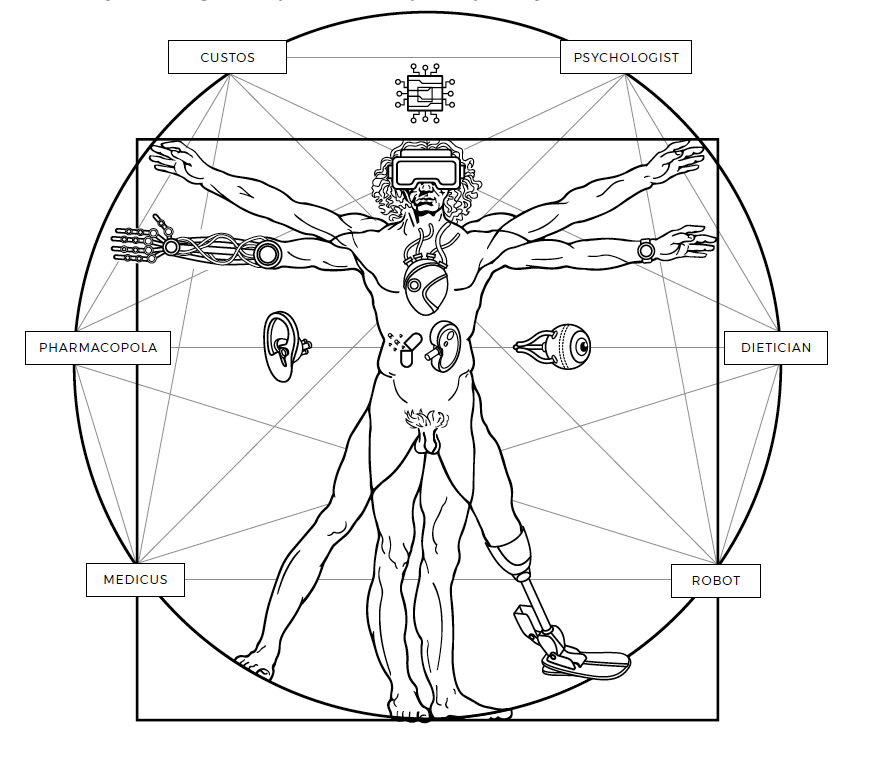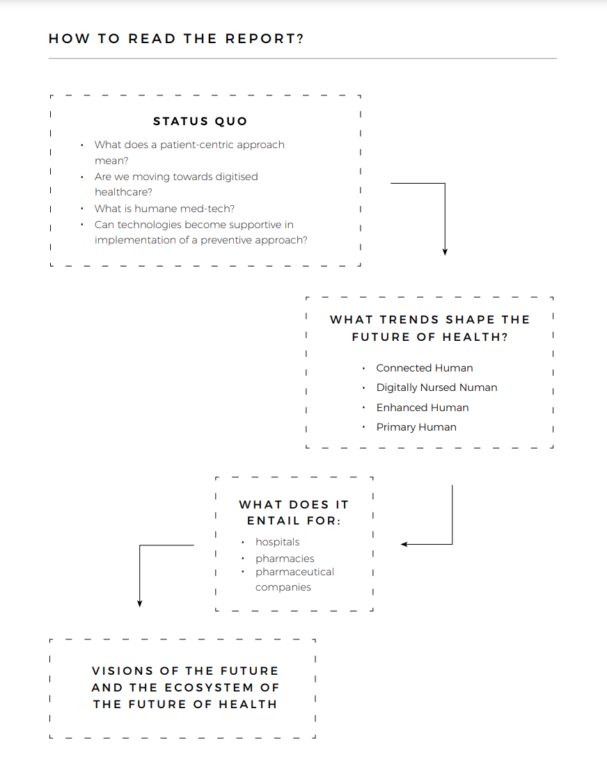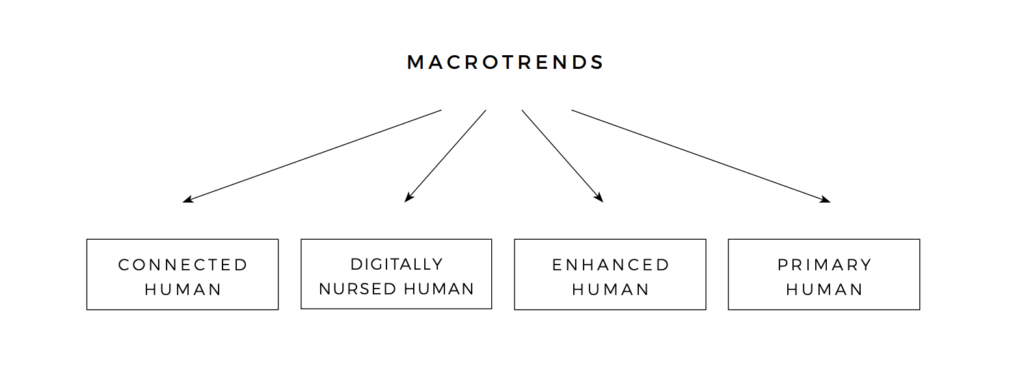Homo medicus
We started to work on this report at the end 2019, way back before the COVID-19 outbreak. For quite a long time, we had been observing the market of health (in the broadest sense of the term) and how it had been changing on multiple levels, the role of new technologies in that process, and how meaningful digitalization had become – starting with sensors allowing for digital measurement of health condition, through digital diagnostics, to digital therapies which are entirely different from the medicines we had known before.

e-health, is it real?
We had also seen a growing shift in approach towards personalised medicine and how healthcare was understood. After all, this terms literally means taking care of one’s health; yet, what it is largely concerned with is treatment of diseases. The role of new technologies in development of the health care system – in this literal sense – is enormous. And this is true both when it comes to prevention, as well as prophylaxis of diseases. And one of such solutions that might help eliminate them is genetic engineering.
Executive summary
For some time, the broader area of health has been undergoing a transformation accelerated by
the outbreak of the COVID-19 pandemic.
There is a steady increase in the number of services and solutions shifting towards the consumer. They
are available on their smartphones (37% of respondents declare they monitor their health with the use of mobile devices and applications, and the market sees the first applications prescribed by physicians), wearables (thanks to the area of IoT), at homes (such as portable ECG) or other establishments (such as pharmacies).
Traditional medical or even hospital services are being integrated with digital technologies, creating a broader healthcare ecosystem beyond a clinic or hospital.
Research conducted for the purpose of this report shows how important it is – as of today – to move
away from the reactive sickcare towards the proactive healthcare.
The Poles surveyed by infuture.institute associate hospitals mainly with stress (48%) and pain (36%).
Therefore, what is required is a shift towards the so-called patient-centred approach, with
pharmacists, as well as physicians, and medical staff focused primarily on the patient.

Trends – strategies, a current situation
- The trend of Connected Human demonstrates how non-stop connectivity (to the internet and between individual devices) is changing the area of health, enabling patients, for example, to constantly monitor their health.
- The trend of Digitally Nursed Human, among other things, refers to advances in robotisation, which makes it possible to automate work in hospitals and pharmacies, but also to the ways digital healthcare and the development of telemedicine for enhancement of patient experience.
- The trend of Enhanced Human includes solutions from the category of insideables and HET (human enhancement technologies), and shows the increasing personalization of medicine.
- The trend of Primary Human addresses the issues of ecotherapy (treatment with nature), functional food (often referred to as medicine), or – finally – the contribution of technology in going back to nature.


